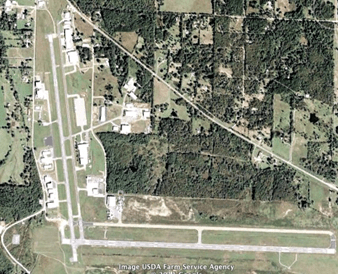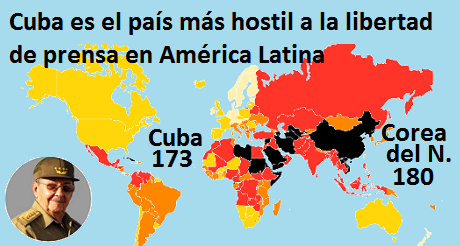Los productores agrícolas de la India que dependen de la lluvia para el riego requieren innovaciones en el manejo del agua, la agricultura y la energía. Ya en 2014 la ONU advirtió que la India podría enfrentar la peor parte de la crisis del agua, por la situación geográfica de la península. Para 2050, indicó la Organización mundial, las cuencas hidrográficas compartidas en la región podrían generar enfrentamientos de India contra Pakistán, China y Bangladesh por el intercambio del agua fluvial. Las cuencas de los ríos Indo, Ganges y Brahmaputra son cruciales para los cuatro países. De hecho, el intercambio de agua fluvial entre varios Estados indios ya está provocando disputas tanto legales como políticas. En realidad, a medida que sigue aumentando la población mundial, la crisis que provoca la escasez de agua potable va cobrando dimensiones insostenibles en muchas otras regiones del planeta.
¿Está India en el camino de sortear la tormenta socio-económica perfecta? 
Nueva Delhi, Ago. 14 (IPS).– Para 2030 una “tormenta perfecta” de una escasez combinada de alimentos, agua y recursos energéticos, potenciada por el cambio climático, desataría disturbios populares, conflictos transfronterizos y migraciones masivas de las regiones más afectadas.
Esa profecia la anticipó y conceptualizó hace justamente 10 años John Beddington, entonces el principal asesor científico del gobierno de Gran Bretaña. Ahora, en 2019, la predicción parece ser cada día más una posibilidad real, especialmente para los países del Sur en desarrollo.
El impulso actual hacia un mundo seguro para la alimentación y la nutrición, con el horizonte de la necesidad de alimentar a una población global estimada de 10.000 millones en 2050, está secuestrado por el vínculo insostenible entre la agricultura, el agua y la energía. Todo esto se ve exacerbado por la emergencia climática que pende sobre la población mundial.
- Hits: 7566
 Congreso del partido
Congreso del partido 
 negativas en el ámbito de la comunicación. “Es arriesgado proponer generalizaciones que abarquen muchas naciones cuyos sistemas de medios de comunicación, historias y culturas políticas no podemos conocer con la misma profundidad, por esta razón hemos planteado este proyecto como una colaboración entre un norteamericano y un europeo” (Hallin y Mancini, 2007: 5). Los propios autores plantean esa limitación pero, al no analizar a América latina, Cuba, por supuesto, escapa de la clasificación.
negativas en el ámbito de la comunicación. “Es arriesgado proponer generalizaciones que abarquen muchas naciones cuyos sistemas de medios de comunicación, historias y culturas políticas no podemos conocer con la misma profundidad, por esta razón hemos planteado este proyecto como una colaboración entre un norteamericano y un europeo” (Hallin y Mancini, 2007: 5). Los propios autores plantean esa limitación pero, al no analizar a América latina, Cuba, por supuesto, escapa de la clasificación.